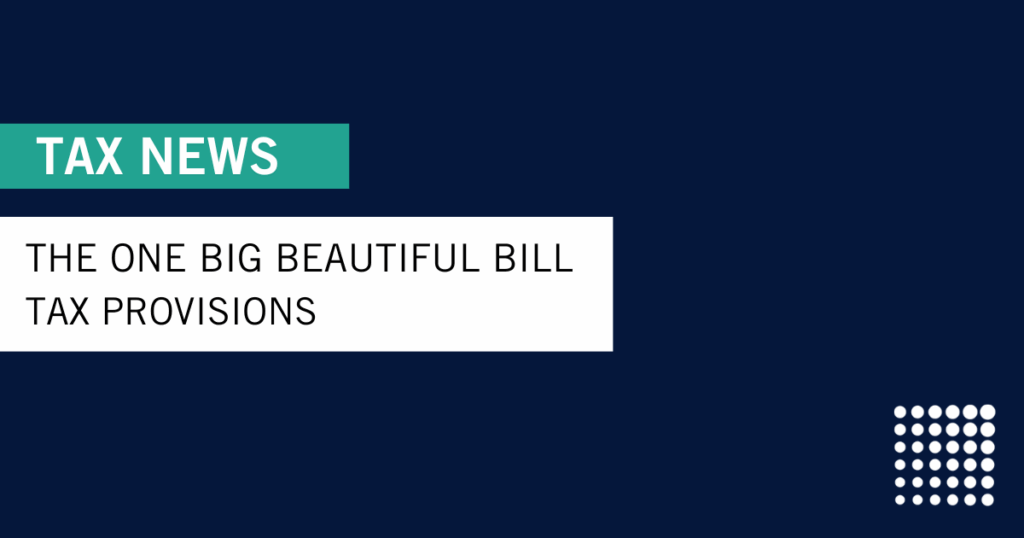Surprise! You owe money to the IRS
People hate surprises. Especially when it involves owing money. In his 20 plus years as CWA’s Partner and Director of New Client Services, Charles Loretto has heard this story time and time again:
“I’m currently using a local CPA that does my payroll, bill pay and bookkeeping. I typically enter everything into QuickBooks and send them my credit card and bank statements each month. They have everything they need through the year, yet it wasn’t until last month that they told me I have a big tax liability for 2022.”
When managed correctly, owning a business is a vehicle to accumulate wealth. But when not navigated tax-efficiently, the business can come along with a heavy tax liability for owners. Even getting a lot of money back in a tax refund shouldn’t be a surprise worth celebrating. Really all that shows a lack of planning, as this is money you could have used throughout the year.
Pro Tip: If you get back over 20% of what your taxes should be, then it’s too much, says Charles. Why loan your money to the IRS interest-free for the year? This is money you could have been using and accumulating to help work toward your short-and-long-term goals.
Listen, sometimes you will owe money, but it shouldn’t come as a surprise or shock. Proper tax planning can help you know what to expect well ahead of time. This offers you the ability to not only budget throughout the year but also have peace of mind.
One of our clients said it best, “Knowing what’s ahead helps me to plan better, and rather than building up lots of cash, we can invest or save that money to not only be prepared for our taxes but to accumulate it along the way to help work toward my goals.”
FOUR STEPS TO PREVENT SURPRISES
- Understand Your Business. First, start with good financial statements from your practice. With good statements, you can create year-end projections and get your revenue and profits on target. This is data you can use to both budget for taxes and set the systems up to stay ahead with quarterly estimates.
- Know How Much to Budget from the Business. Your advisor should look at your current accounting books, chart of accounts and cash flow. Then you will be able to budget by category (salaries, lab, supplies etc.). Rather than set aside tax money in checking accounts, your advisor can help you leverage more specialized savings accounts.
- Designate a Budget for Saving for Retirement Goals. Taxes are a key part of reaching both short- and long-term goals. If one piece isn’t working, then it impacts all of it. This is not just for you but for your estate. Vehicles like your pension plan allow you to save and constantly reallocate your investments. Moving money outside of a tax-advantaged environment creates taxes and reduces the assets that should be compounded to reach your goal.
- Plan for Lifestyle Needs. No one likes the “B” word but having a budget or at least knowing your current lifestyle needs is important. It can be a shocking exercise to quantify your personal spending and what you need for taxes against what you make in the business. But this step is needed to achieve financial peace and security.
WHAT YOU SHOULD BE GETTING
You shouldn’t be feeling unprepared or behind when tax season rolls around. This can actually be the time of year when you see the fruit of your labor and feel a sense of confidence that you are taking leaps to reach your financial and personal goals.
Your financial advisor should be reviewing the following with you:
- Profit and loss statement to see how your business runs.
- Tax planning strategies you are taking advantage of and opportunities for others.
- Business goals and how they will impact your year.
- Savings, pension plan and retirement goals.
- Personal lifestyle and personal goals.
If you aren’t confident you are doing these things, our team is happy to offer a second opinion. Contact one of our advisors to set up a complimentary one-hour consultation.














